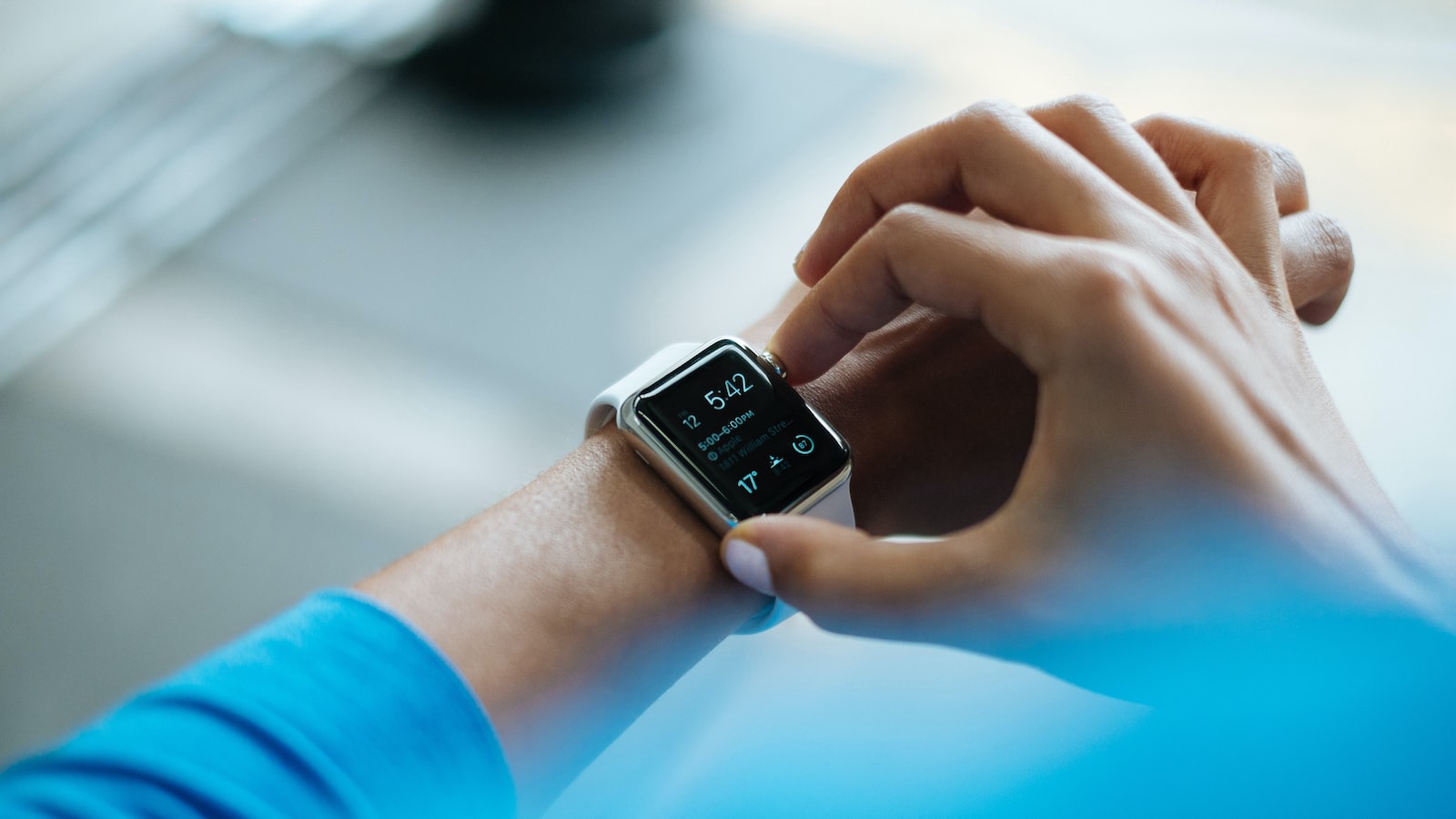Turn Back the Clock: Time to Diet
Are you struggling to keep up with your New Year’s resolution to lose weight? Look no further than the “” program. This unique program has been scientifically designed to help you reach your weight loss goals in a way that fits easily into even the busiest of lifestyles. Find out more about how you can turn back the clock and maintain a healthy lifestyle with the help of this program.
1. Unlocking the Benefits of Turning Back the Clock with Diet Strategies
Have you ever wished you could go back in time to an era when people followed diets that were healthier than the contemporary ones? If yes, you are in luck, because there are many easy-to-implement diet strategies that can help you rewind the clock and unlock its remarkable health benefits.
Let us look at some of these diet strategies:
- Include whole foods: The diet should consist of whole foods that are unprocessed, like fresh vegetables, fruits, legumes, nuts, and seeds. These will provide essential nutrients and promote the absorption of various micronutrients.
- Switch to low GI carbohydrates: Low GI carbohydrates are ideal for diabetics, as they are digested slowly, staving off hunger while reducing the glycemic load of meals.
- Increase lean protein intake: Lean proteins provide essential minerals and vitamins, are low in calories, and can help to keep the cholesterol levels in check. Examples of these are lean pork, fish, eggs, and beans.
- Eat healthy fats: Fats are the most concentrated source of energy, and are beneficial for good health. However, unsaturated fats like olive oil, nuts, and avocados should be opted for instead of saturated fats as much as possible.
- Reduce salt, sugar, and refined carbs intake: Refined carbs, sugar, and salt provide very little nutritionally and are higher in calories. Consuming these in excess may cause health issues and contribute to obesity.
By following these simple diet strategies, you can easily unlock the remarkable health benefits of going back in time and live a healthier life!
2. Citations from Historical Diet Plans: Which is the Right Fit for You?
Figuring out an ideal diet plan for yourself can be quite a challenge. But don’t be discouraged – often, the most inspiring answers come from the wisdom of our forefathers! These famous men and women from history were fit, energetic, and lived long, healthy lives – and we can learn something from them. Read on to discover a few famous historical diet plans to consider:
- Hippocrates: Hippocrates was a Greek physician from the 5th century BCE. He did not believe in overeating, opting instead for a diet of simple and natural foods like fruits, vegetables, and water. He also recommended fasting as a form of cleansing the body.
- Plato: Plato, another Greek philosopher of the same era, believed in moderation when it comes to diet. He encouraged a diet of simple, less processed foods, and to always have a balance between food and exercise.
- Leonardo da Vinci: The famous Renaissance man believed in proportion when it comes to diet. He recommended getting carbohydrates, proteins, and fats in equal amounts, and eating small, yet frequent meals.
- Winston Churchill: The British prime minister believed in eating a diet high in protein. He ate an egg and bacon breakfast every morning, followed by fish or meat for lunch, and meat or poultry for dinner.
Whichever diet you choose, remember the importance of a balanced lifestyle. Eat well, stay active, and keep your mind sharp – that’s the key to living a healthy, productive life!
3. Using Time to Your Advantage: Regularly Scheduling Nourishing Meals
Scheduling time in our lives for nourishing meals is essential for cultivating sustainable health and energy. It can be a challenge to keep up with a regular meal schedule, so here are three tips to help:
- Plan ahead. Schedule meal-prep days a few days in advance so you have nourishing foods available when hunger strikes. Planning ahead let’s you take control of the situation and keep any stress to a minimum.
- Take shortcuts. If you don’t have time to plan and prepare meals, don’t rule out shortcuts. Most grocery stores nowadays offer pre-chopped vegetables and even pre-cooked grab-and-go meals, so don’t be afraid to take advantage of these opportunities from time to time.
- Prioritize. If there isn’t enough time for a full-blown meal, don’t compromise your nourishment. Instead, prioritize just a few healthy choices that you feel the most comfortable with and build your meal from there.
Regularly scheduled nourishing meals becomes a natural part of the rhythm of your day. The more you practice this, the more you’ll learn to recognize the signals that come up when it’s time to eat. Moreover, you’ll lessen the risk of cravings and bingeing on less-than-optimal food choices.
4. Embracing Change: Transitioning Away from Fast and Processed Foods
The time has come to wave goodbye to fast and processed foods. These precooked, packaged foods appear convenient, but often they are filled with unhealthy fats, sugars, chemicals, and artificial flavors and surprisingly few real elements. To adequately nourish yourself, it’s important to transition away from them and develop healthier, more mindful eating habits:
- Focus on consuming real foods – eat more fruits and vegetables with fresh ingredients.
- Eat meals that you cook yourself, allowing you to control the quality of the ingredients.
- For meals away from home, consider ordering take-out for restaurants that can answer questions about how their food is prepared.
Embracing change is never easy, yet when you don’t have the knowledge about the ingredients you are ingesting, the flavors that you savor can come at a cost. Consider the strain that packaged and processed foods put on numerous aspects of your health – not only do they come with an excess of sugar, fats, and sodium, they can impede healthy brain function and contribute towards the onset of cardiovascular issues. Make a conscious choice to lead a healthier lifestyle and start the path towards embracing a diet that nourishes your mind and body.
5. Taking Control of Your Destiny: Get Started on a Diet to Impact the Future!
It is important to take control of your destiny and one way to do that is to get started on a diet to impact the future. Dieting is about much more than just trying to lose weight or look good; it is about creating a healthier lifestyle and improving your overall wellbeing. Here are five simple steps to get you started on your journey:
- Set realistic goals: Start slowly and work towards a healthier lifestyle. Make sure your goals are achievable, and track your progress regularly.
- Meal plan: Take the time to identify what you should be eating and create a plan that works for you. Prioritize meals that are high in nutrients such as vitamins, minerals, and antioxidants.
- Exercise: Regular exercise will help you to build muscle and strengthen your cardiovascular system.
- Stay hydrated: Drink plenty of water and avoid sugary drinks to stay hydrated and reduce the risk of dehydration.
- Stay motivated and consistent: Set reminders to keep yourself motivated and remind yourself of your progress. Celebrate your successes and strive for bigger goals.
Incorporating these five simple steps into your lifestyle can set you on the path to a healthier future. When you have the tools to make informed decisions, you can be in control of your destiny and begin to see positive changes. Set your goals, create a plan, and get started today!
Asked Questions
Q: What is the best way to turn back the clock and Diet?
A: The best way to turn back the clock and Diet is by starting a healthy eating plan and implementing a regular exercise routine. This combination of diet and exercise will help you to lose weight, build muscle, and increase your energy levels. Additionally, incorporating supplements, such as multivitamins, into your diet can help you to stay healthy and avoid potential nutrient deficiencies.
Q: Are there any other benefits to dieting?
A: Yes! While dieting can help you to lose weight and improve your physical health, it can also benefit your mental health. Studies have shown that dieting can reduce stress levels and lead to improved energy levels and focus, making it easier to stay productive throughout the day.
When it comes to managing your health, sometimes the simplest – and most rewarding – solution can be found by simply Turning Back the Clock. So, why not give it a try? It may just help you to achieve the health, wellness, and body shape that you have always wanted!


